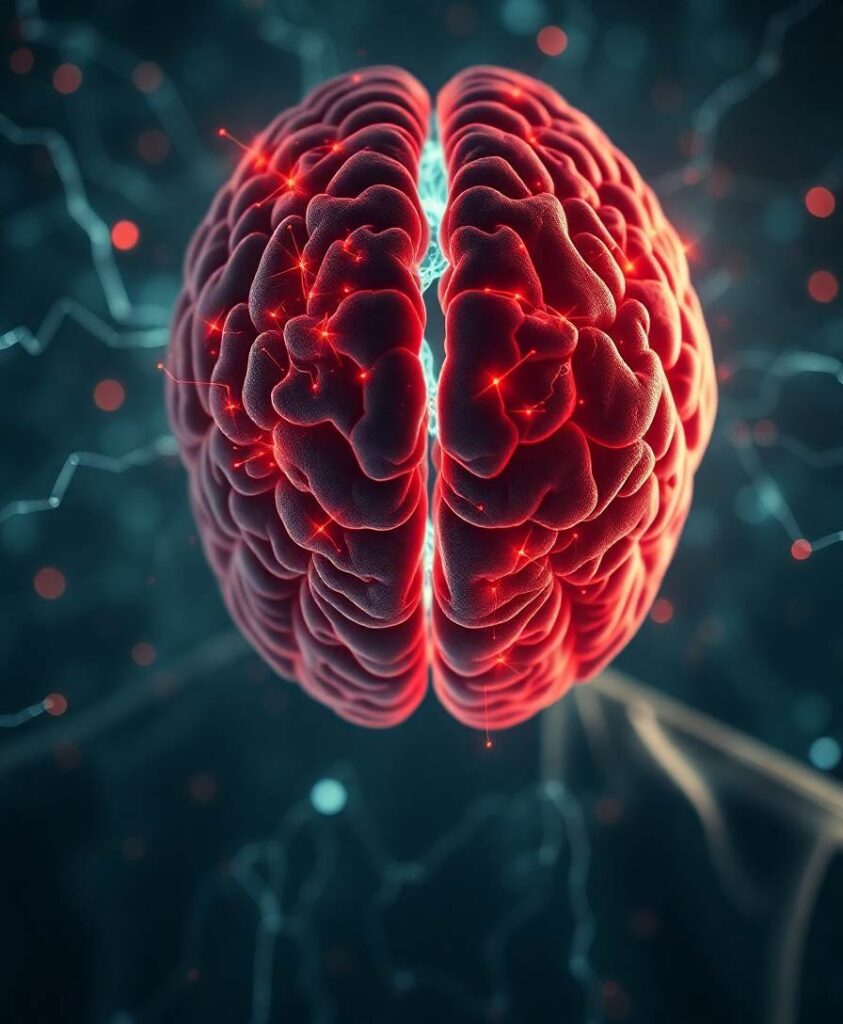Indigenous perspectives often reveal innovative approaches to complex challenges—and neuroscience is no exception. The emerging research on repurposing cancer drugs to address Alzheimer’s disease represents precisely this kind of transformative thinking: seeing potential where conventional wisdom sees barriers.
Our understanding of neurological healing continues to evolve, challenging old assumptions about brain plasticity and cellular regeneration. By examining how cancer treatments might interact with neural pathways, researchers are opening radical new conversations about brain health. These investigations suggest our neurological systems have more resilience and adaptive capacity than previously understood.
What makes this research particularly compelling is its potential to dramatically shift how we conceptualize degenerative conditions. Instead of viewing Alzheimer’s as an inevitable decline, scientists are exploring mechanisms that could actively repair neural networks. This approach resonates deeply with Indigenous wellness frameworks that emphasize holistic healing and the body’s inherent regenerative capabilities. The prospect of reversing cognitive damage offers hope not simply as a medical breakthrough, but as a profound reimagining of human potential.
Could Repurposing Cancer Drugs Reverse Alzheimer’s? Here’s What You Need to Know
When Alzheimer’s disease strips away memories and independence, it can feel like watching a once vibrant life fade into silence. For decades, efforts to combat this neurodegenerative disease have been stuck in a cycle of symptom management and slow progression. But recent research points to a bold new direction: leveraging existing cancer drugs to potentially reverse Alzheimer’s, not just slow it down.
This isn’t science fiction. It’s a precise, evidence-based pivot that could redefine how we approach brain health. The breakthrough hinges on combining two already-approved cancer therapies, drugs originally designed to target abnormal cell growth in tumors. Now, scientists believe these medications might have the power to repair brain damage caused by Alzheimer’s, restoring lost memories and improving cognitive function.
Can Cancer Drugs Be the Key to Reversing Alzheimer’s Disease?
For years, Alzheimer’s treatments have been limited to controlling symptoms or slightly delaying decline. The disease’s intricate pathology,plaques, tangles, and cell death,has made it resistant to most traditional approaches. But the idea that cancer drugs, which influence cell growth and survival pathways, could be repurposed to repair neural damage is gaining traction.
These medications have a well-established safety profile, thanks to their widespread use in oncology. The potential to redirect their mechanism of action toward neural repair opens a faster route from lab to bedside. Instead of waiting decades for new drugs to pass through regulatory hurdles, this approach leverages what’s already on pharmacy shelves.
Imagine a future where medications used for cancer treatment could be employed to reverse memory loss. This is not a distant dream but a tangible possibility, made more feasible because of the principle of drug repurposing. The core idea: these drugs might interfere with the cellular processes that go awry in Alzheimer’s, preventing or even undoing the damage caused by toxic protein build-up.
This shift from incremental progress to radical innovation could turn Alzheimer’s from an irreversible decline into a treatable condition. By targeting the underlying mechanisms, these cancer drugs could fundamentally alter the brain’s capacity to heal itself.
Why Accelerating Alzheimer’s Treatment Innovation Is Critical Now
The pace of traditional Alzheimer’s research is painfully slow. While scientists work through lengthy trials, millions face a steady decline. The urgency to find effective, reversible treatments is higher than ever. The recent findings challenge the status quo, urging us to rethink what’s possible.
If existing cancer drugs can influence neural pathways to reverse damage, then the focus should shift from incremental tweaks to bold, disruptive innovation. This isn’t just about developing new medications but about harnessing what’s already proven to be effective in a different context.
The potential to restore memories and cognitive functions could transform Alzheimer’s from a terminal diagnosis into a manageable condition. Such a revolution in neurodegenerative treatment would ripple across healthcare systems, policy, and research, demanding a faster, more courageous approach.
It’s a call to action: embrace unconventional solutions, speed up clinical trials, and challenge the long-held assumptions about what’s possible in brain health. The stakes are high—millions of lives, dignity, and independence are on the line.
This discovery signals a pivotal moment. The possibility of reversing Alzheimer’s through drug repurposing is not just hopeful speculation but a tangible pathway that could redefine the future of neurodegenerative disease treatment.
Learn More: Study: Cancer Drug Combo May Reverse Alzheimer’s
Abstract: Scientists have discovered that combining two previously approved cancer drugs effectively treats Alzheimer’s disease. The one-two punch may be able to reverse the devastation of this disease that affects 7 million people in the U.S., causing a dramatic decline in…
Link: Read Full Article (External Site)




